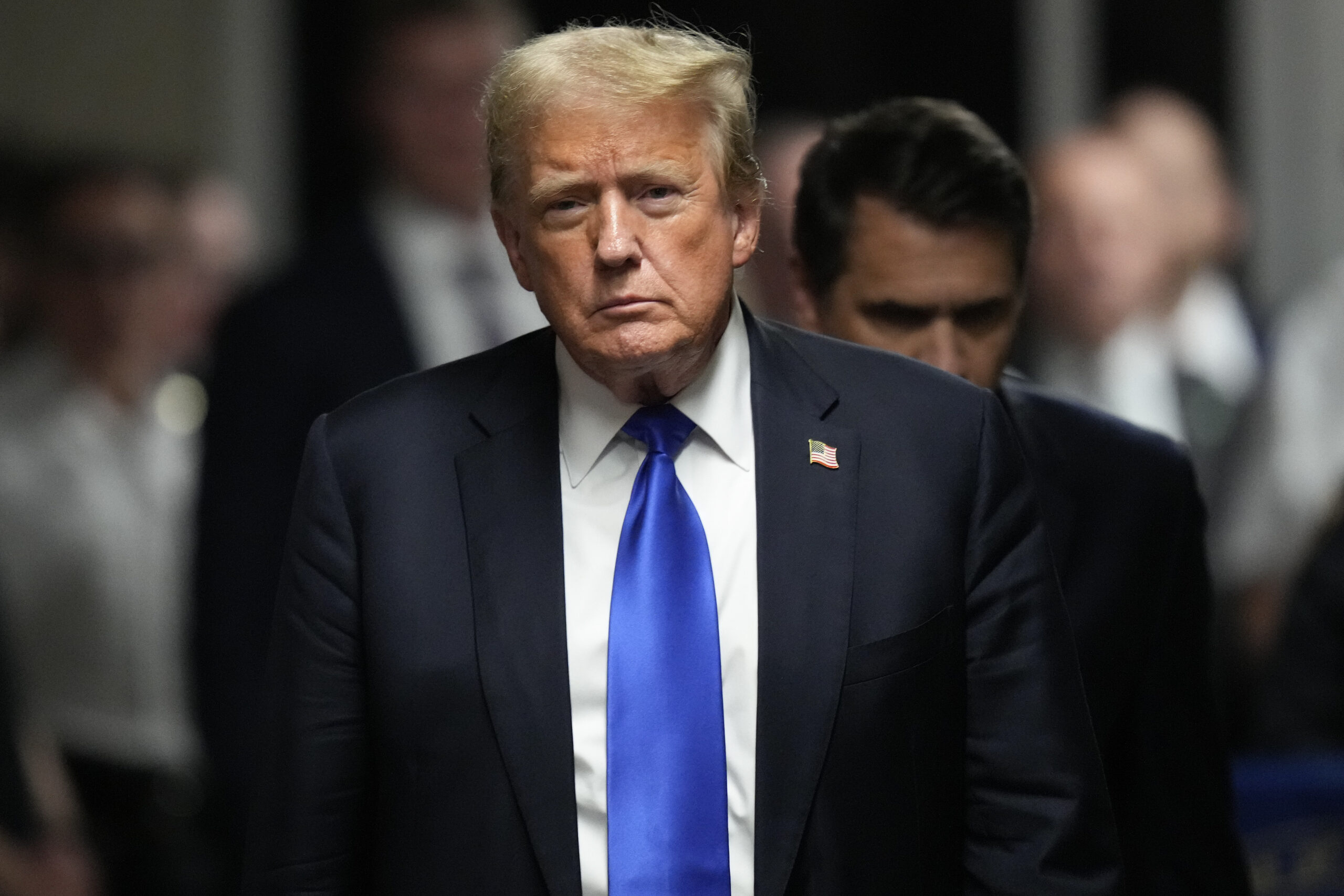Will the Supreme Court give Trump a ‘get out of jail free’ card?
UC Berkeley law expert Dan Farber explains Trump’s conviction and the limits of presidential power.
June 6, 2024
It’s been a week since former President Donald J. Trump was convicted on 34 felony counts of falsifying business records in a New York court. Since then, pundits, pollsters and legal experts have been parsing just what the verdict and his felony status may mean for Trump’s ability to run again for President, and whether he’ll be able to vote, travel abroad and effectively lead the country should he be elected to a second term.
But as Dan Farber, a professor at UC Berkeley School of Law and the author of Contested Ground: How to Understand the Limits of Presidential Power, notes in this short video, while the framers of the constitution may never have considered the day that a convicted felon might ascend to the White House, they did grapple with the balance of power granted to the president. As Trump’s other cases play out, his claims of presidential immunity — and whether the Supreme Court decides to uphold this “get out of jail free” card — could have a profound impact on the future of the American presidency, and the limits of power in the office.
